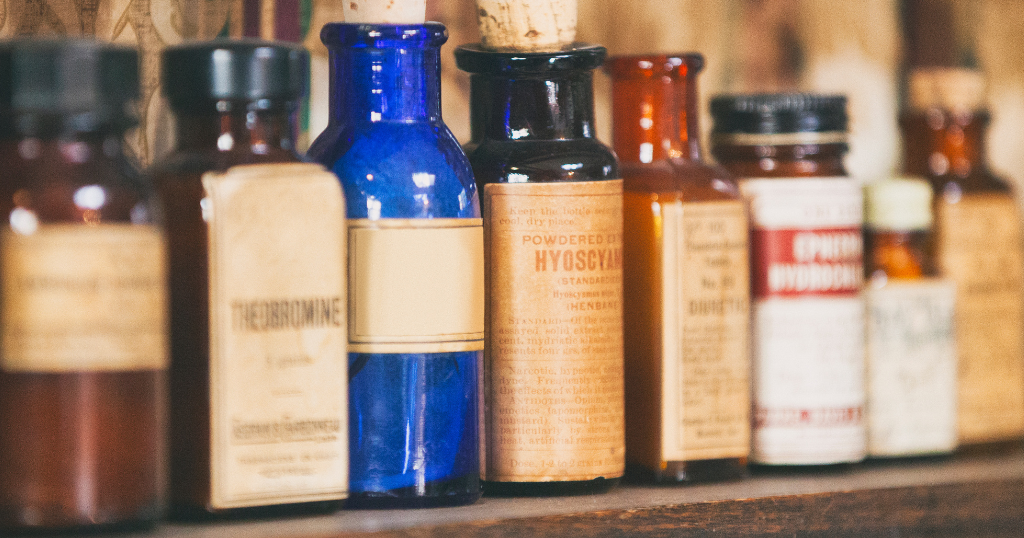(Via New Hope 360.) The Fall 2011 issue of the American Botanical Council’s HerbalGram features “A Brief History of Adulteration of Herbs, Spices, and Botanical Drugs,” an article covering intentional and unintentional alterations going back to ancient Greece.
In ancient Athens, such mischief included adding flavorings to wine to make it taste like an older vintage. Since then cinnamon oil has been watered down with wine, black pepper mixed with linseed, and green tea blackened with sheep’s dung.
The most famous episode was probably the Prohibition-era Jamaica Ginger scandal, in which antifreeze and plasticizers were added to a ginger extract, which paralyzed up to 50,000 people who drank it for the alcohol. Many “Ginger Jake” victims were left with a distinctive gait called the jake walk.
Early detection methods included burning the substance, blowing on it, or dropping it in milk. In the 15th century the King of England assigned to the Company of Grocers guild (formerly the Ancient Guild of Pepperers, founded 1100) the responsibility of “garbling,” or testing for adulterated items.
The article is first in a series on adulteration that will eventually cover foods, spices and food flavorings, dietary ingredients, drugs, and cosmetics. It is sponsored by the ABC-AHP-NCNPR Botanical Adulterants Program, a group of nonprofit organizations and laboratories.
Asa Martin, “Jake Walk Papa,” 1933





